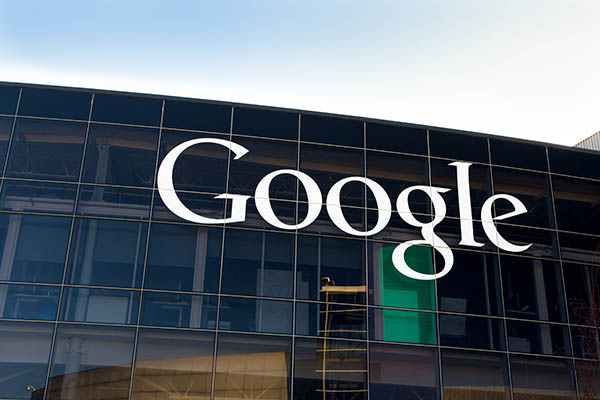How Much Are Fortune 500 Companies Saving in Taxes?

It’s a well-known fact that many of the richest companies in America have become so financially successful thanks in large part to the tax-savings methods they employ, not the least of which is keeping large amounts of income overseas. These American companies have no problem doing business stateside, but because the U.S. has some of the highest corporate tax rates in the world, they can save millions in taxes by leaving that money in the country where it was earned.
In fact, according to a recent report from Citizens for Tax Justice, the largest Fortune 500 companies in America are storing as much as $2.5 trillion in foreign countries, which is $400 million more than last year. This is not hidden money, stored away in secret bank accounts, mind you, but rather revenue legally earned and held overseas. So why not bring the money back to the U.S.? As long as it stays overseas where it was earned the IRS can’t tax those earnings.
Of course, some people feel that isn’t fair, including the organization Citizens for Tax Justice, which wants the government to tax all income earned by U.S. companies, no matter what country it’s earned in. The problem with that scenario is that companies might decide to simply move their headquarters to other countries in order to avoid this extra tax, which could cost the country even more tax revenue, as well as jobs.
President Obama has recently proposed a 19 percent global minimum tax, which means any foreign subsidiary of a U.S. company that pays at least 19 percent in overseas taxes would be allowed to bring that money back to America without being taxed again stateside.
Of course, both current presidential candidates have their opinion on the matter. Donald Trump wants to significantly lower the corporate tax rate and combine it with a one-time 10 percent tax on any income being held in foreign countries. This could help give companies more of an incentive to bring the money home to the U.S. Hillary Clinton reportedly wants to keep the current standards but she also wants to add an “exit tax” for companies that leave.
Either way, it’s likely that companies will continue to keep foreign earnings overseas unless the government creates a more tax-friendly environment for American corporations.
You also might like the article Study Shows Benefit of Lower Corporate Tax
http://fortune.com/2016/10/06/fortune-500-tax-haven/
Federal Tax Return Filing Deadline Moved to July 15, 2020
Federal Tax Return Filing Deadline Moved Now that both California and the Federal IRS April 15 tax deadlines have been extended, most taxpayers and businesses will have more time to file and make tax payments without interest or penalties. From the IRS Website “WASHINGTON — The Treasury Department and Internal Revenue Service announced today that…
Tax Payment Due Dates – Updated Information as of March 19, 2020
Federal and some state tax authorities have responded to the Coronavirus by announcing extensions of some tax payment deadlines for most taxpayers. At BPM we are monitoring these announcements and will provide updates as additional information becomes available and as additional formal guidance is issued. Federal Coronavirus Update Treasury Secretary Mnuchin stated publicly on March…
Filing Deadline Updates, IRS and California FTB
Filing Deadline Updates, IRS and California FTB. The IRS has set up a “Coronavirus Tax Relief” page on their website. We expect, as additional information becomes available and formal guidance is issued, it will be accessible on that webpage. Federal and state tax authorities have responded to the Coronavirus by announcing extensions of some tax…
Assessing the Impact of the Coronavirus on Your Business and Staff
Impact of Coronavirus on your Business In a press conference on March 11, the World Health Organization (WHO) Director-General Tedros Adhanom Ghebreyesus announced that the outbreak of the coronavirus (COVID-19) can be characterized as an official pandemic, with the risk of further global spread. As the WHO and the Centers for Disease Control and Prevention (CDC) continue to…




